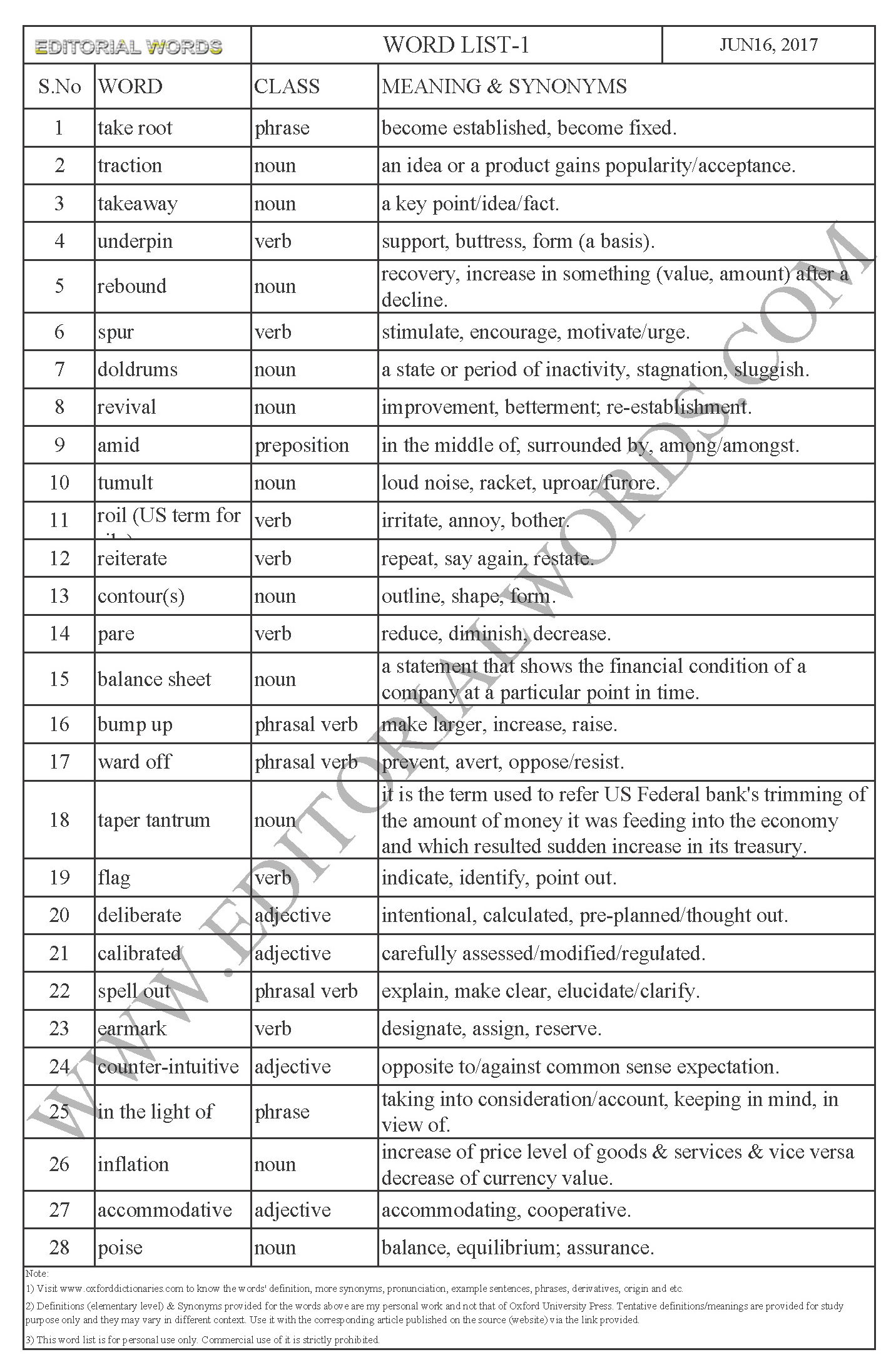

Colloquial expressions can be good for this, but they shouldn’t be too narrowly tied to a region.

Inject questions and less-formal language to break up tone and maintain a friendly feeling.Use these words only once or twice per paper. You could say ‘surprisingly’ or ‘intriguingly’ instead, but don’t overdo it. And don’t use exclamation marks to call attention to the significance of a point. You can occasionally use contractions such as isn’t, don’t, it’s and shouldn’t. (Parentheses can present clauses more quietly and gently than commas.) Don’t lean on semicolons as a crutch to join loosely linked ideas. Dashes should emphasize the clauses you consider most important - without using bold or italics - and not only for defining terms.The phrase “In contrast” at the start of a sentence needs a comma to emphasize that the sentence is distinguished from the previous one, not to distinguish the first two words of the sentence from the rest of the sentence. It’s more important to be understood than it is to form a grammatically perfect sentence. With regard to grammar, spoken language and common sense are generally better guides for a first draft than rule books.And don’t worry too much about readers who want to find a way to argue about every tangential point and list all possible qualifications for every statement.Just choose one, or you risk that your readers will give up.

Don’t say both ‘elucidate’ and ‘elaborate’. Don’t say the same thing in three different ways in any single section. Your paper is not a dialogue with the readers’ potential questions, so don’t go overboard anticipating them. And don’t use the same word repeatedly - it’s boring. Try to avoid jargon, buzzwords or overly technical language. Avoid footnotes because they break the flow of thoughts and send your eyes darting back and forth while your hands are turning pages or clicking on links. Minimize clauses, compound sentences and transition words - such as ‘however’ or ‘thus’ - so that the reader can focus on the main message. Concise, clear sentences work well for scientific explanations. Keep sentences short, simply constructed and direct.It’s also perfectly fine to raise questions in a paragraph and leave them unanswered. Each paragraph should explore that message by first asking a question and then progressing to an idea, and sometimes to an answer. Limit each paragraph to a single message.If something isn’t needed to help the reader to understand the main theme, omit it. The words, sentences, paragraphs and sections are the needlework that holds it together. This theme and these points form the single thread that runs through your piece. Decide on your paper’s theme and two or three points you want every reader to remember.While you are writing, ask yourself: is it possible to preserve my original message without that punctuation mark, that word, that sentence, that paragraph or that section? Remove extra words or commas whenever you can. The following are more of McCarthy’s words of wisdom, as told by Savage and Yeh. McCarthy’s most important tip is to keep it simple while telling a coherent, compelling story. These pieces of advice were combined with thoughts from evolutionary biologist Pamela Yeh and are presented here. They worked to condense McCarthy’s advice to its most essential points so that it could be shared with everyone. While on sabbatical at the SFI during the winter of 2018, Savage had lively weekly lunches with McCarthy. Savage has received invaluable editing advice from McCarthy on several science papers published over the past 20 years. Van Savage, a theoretical biologist and ecologist, first met McCarthy in 2000, and they overlapped at the SFI for about four years while Savage was a graduate student and then a postdoc.


 0 kommentar(er)
0 kommentar(er)
